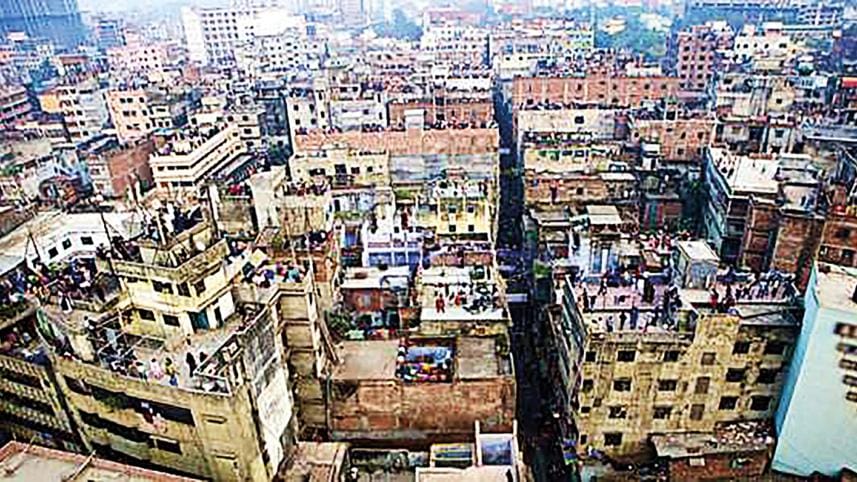Making a city habitable and safe

Sustainable development goals (SDGs) spoke of making cities and human settlements inclusive, safe, resilient and sustainable (SDG 11). It is a matter of great regret that human settlements around Dhaka are far from being inclusive or safe. Recent fire incident that took place in Mirpur slum reminds us of the vicious cycle of vulnerability of the people from disadvantaged community.
Though there were tiny improvement in ranking compared to last year, infrastructure security remains a serious concerning issue. In infrastructure security category of the ranking, the capital of Bangladesh ranked on the second last position. It is worthy to mention that fire incidents occurred in Bonani, Dhaka still haunts many survivors.
Women and children are most vulnerable group of people who live in the least livable city and they undergo through various forms of difficulties. Apart from difficulties experienced while using public transport, women and girls are often bullied and harassed in the streets. There was an alleged rape incident occurred in the Shyamoli last week when two men allegedly raped a female student of a private university at an office. The 20-year-old victim went there to appear for a job interview.
It has been stated in Art. 20(1) of the Constitution of Bangladesh that, Work is a right, a duty and a matter of honour for every citizen who is capable of working, and everyone shall be paid for his work on the basis of the principle ‘from each according to his abilities, to each according to his work’. While traveling to work or at the workplace, women and girls often face harassment and there are little attempts to make city safe for the working women. To sum up, drastic actions are needed to make city and settlements safe, resilient and sustainable.
The writer is a human rights worker.



 For all latest news, follow The Daily Star's Google News channel.
For all latest news, follow The Daily Star's Google News channel.
Comments